Gold is considered a rare metal on earth, because in areas with gold (gold mines), on average people have to filter 10 tons of soil and rock to get 1 tael of gold. Currently, gold is no longer a currency for exchanging goods. However, the value of gold does not change and strongly affects currency, economic and financial situation.
Why is gold precious?
In economic history, gold has played the role of currency as an intermediate equivalent for a long time. Although it is not the rarest precious metal in the world , gold appeared early and was accepted as a currency for payment and exchange of goods.
With the development of currency, gold is no longer used for exchange but gold still has a great role and influence on the economy.
Gold is rare and has such an important role because gold brings aesthetic value, has great appeal to many people who use it to make jewelry. In addition, thanks to its uniformity, high purity, non-corrosiveness and stability in all conditions... gold can preserve its value, becoming a measure of the value of other goods.
In Vietnam, gold is used as a special commodity in the economy. People buy gold mainly to store when they have money and sell it when they need to use their savings such as buying real estate, getting married, marrying off their children, making dowries...
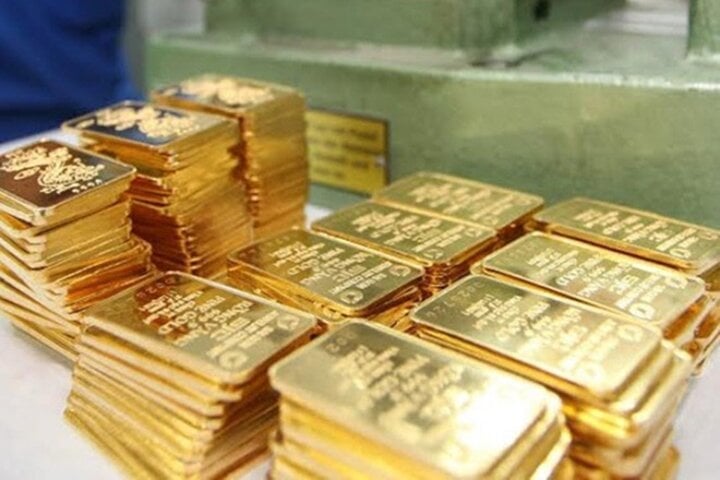
Gold is a precious metal. (Illustration)
Outstanding features of gold
Gold is a special metal in the periodic table. Gold has many special properties, fulfilling its role as currency in history:
- Gold has a luxurious appearance and high stable value over time.
- Gold overcomes many disadvantages of other chemical elements such as no radioactive components, non-toxic to humans, non-flammable, insoluble in water or air...
- Gold is easily divided and can be cast into many different shapes and weights depending on requirements. Over time, gold does not lose its value.
- In particular, gold can be stored forever and is very easy to transport.
- Gold is difficult to counterfeit because it has special properties compared to other metal components.
Lagerstroemia (synthesis)
Source








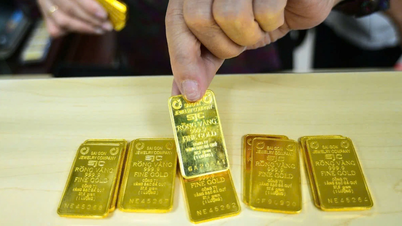

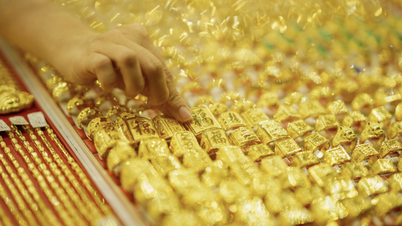

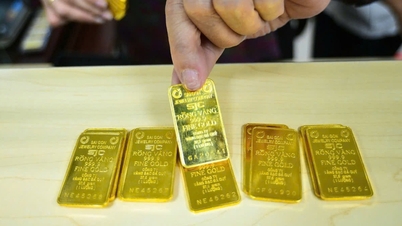
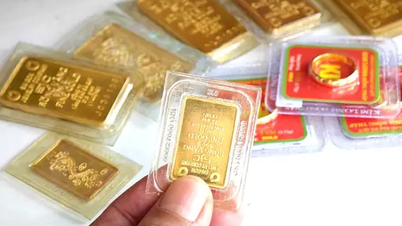

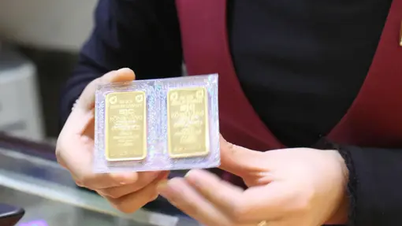







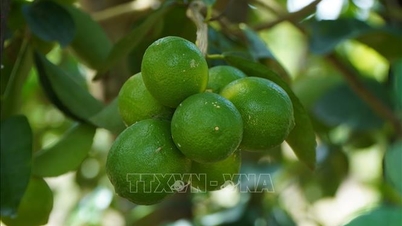



























































































Comment (0)